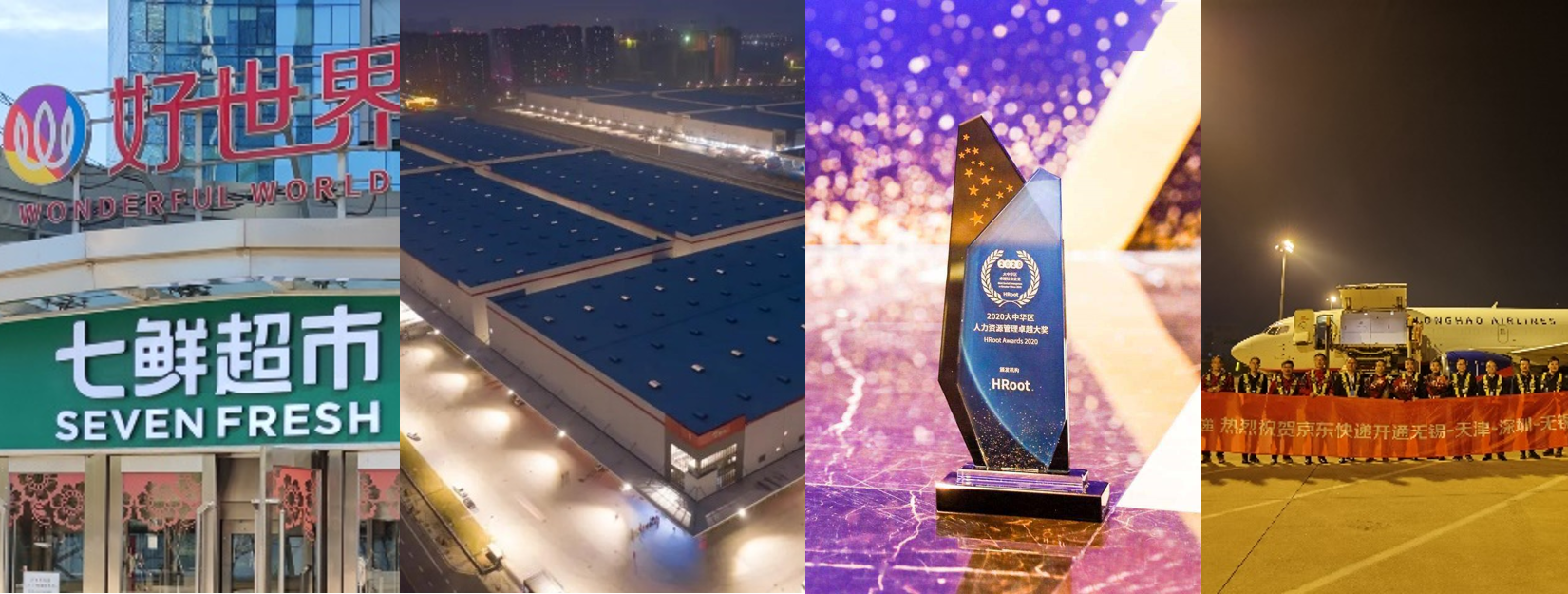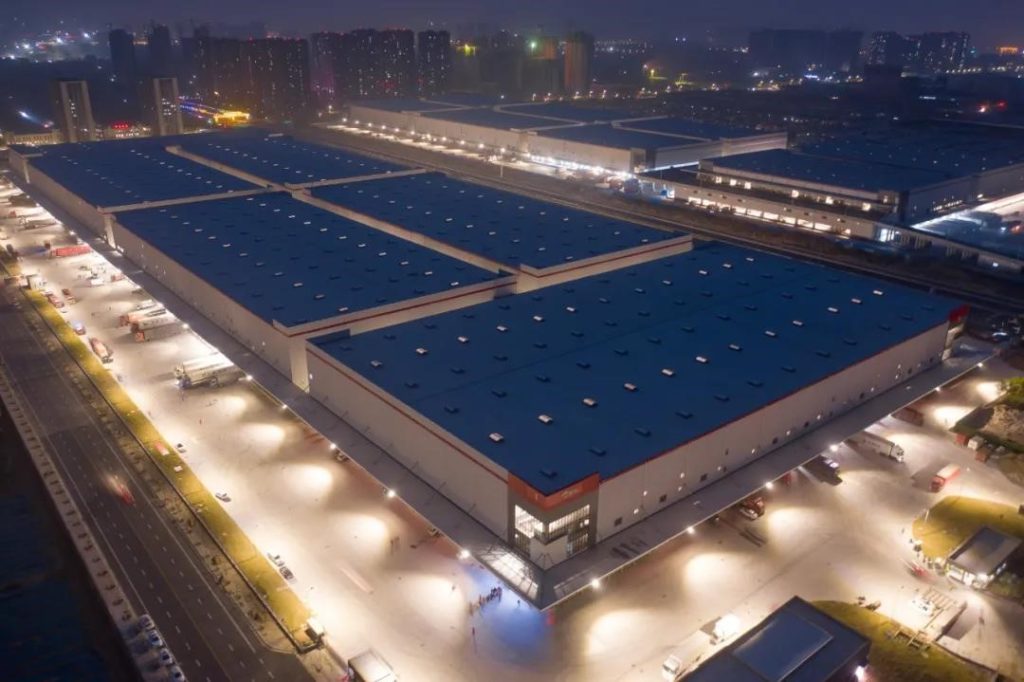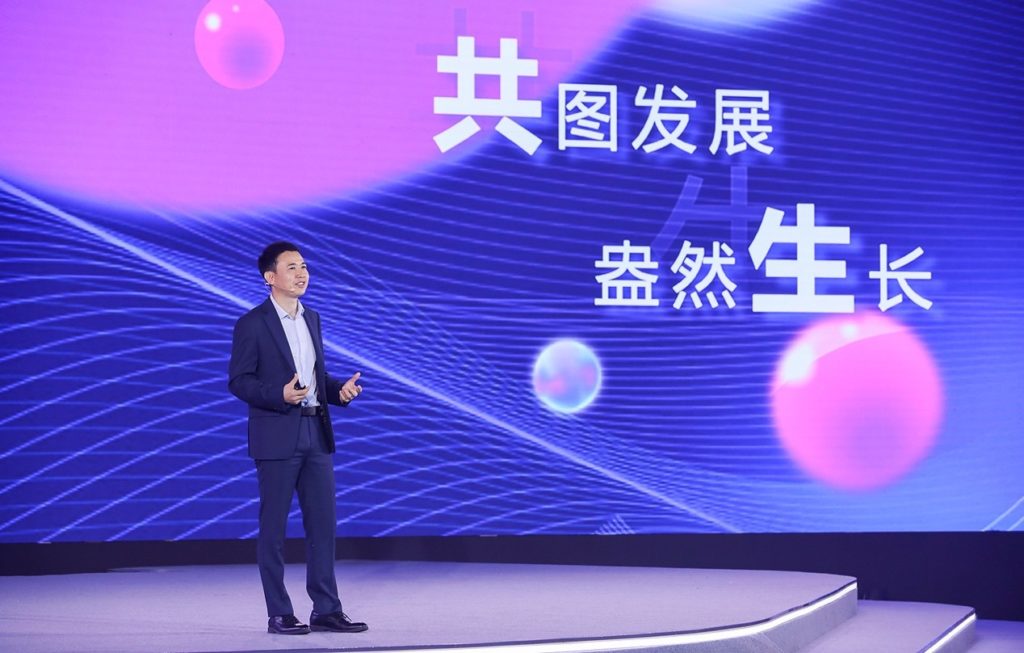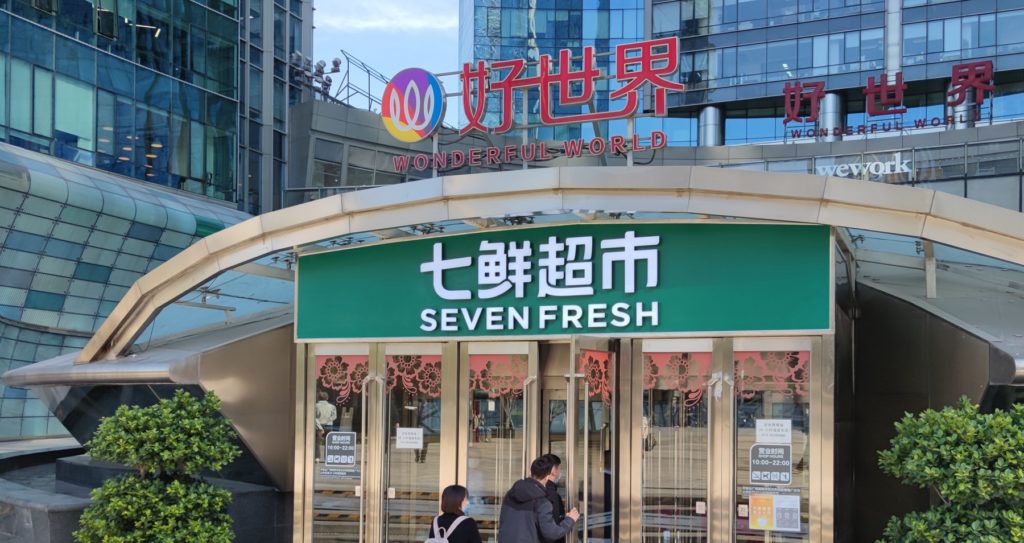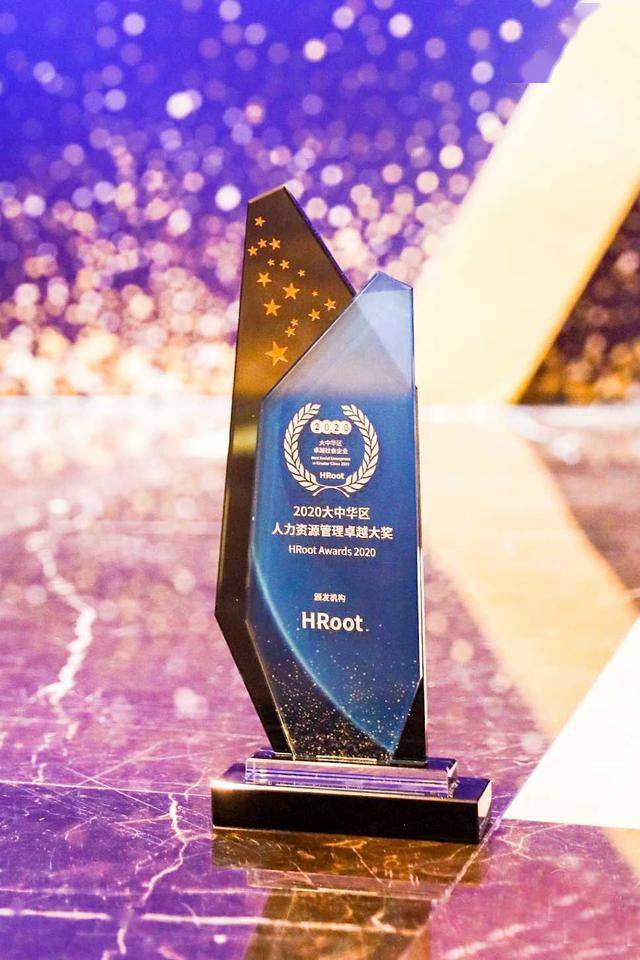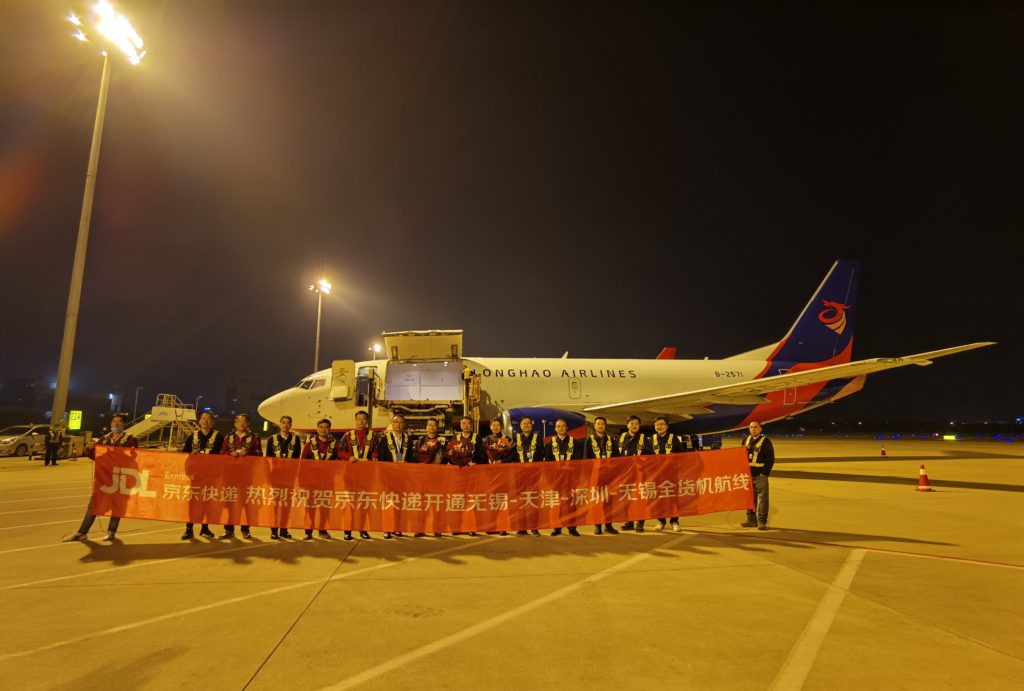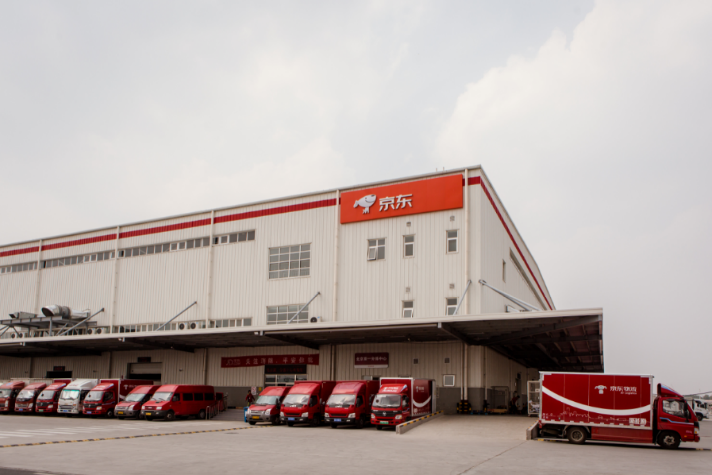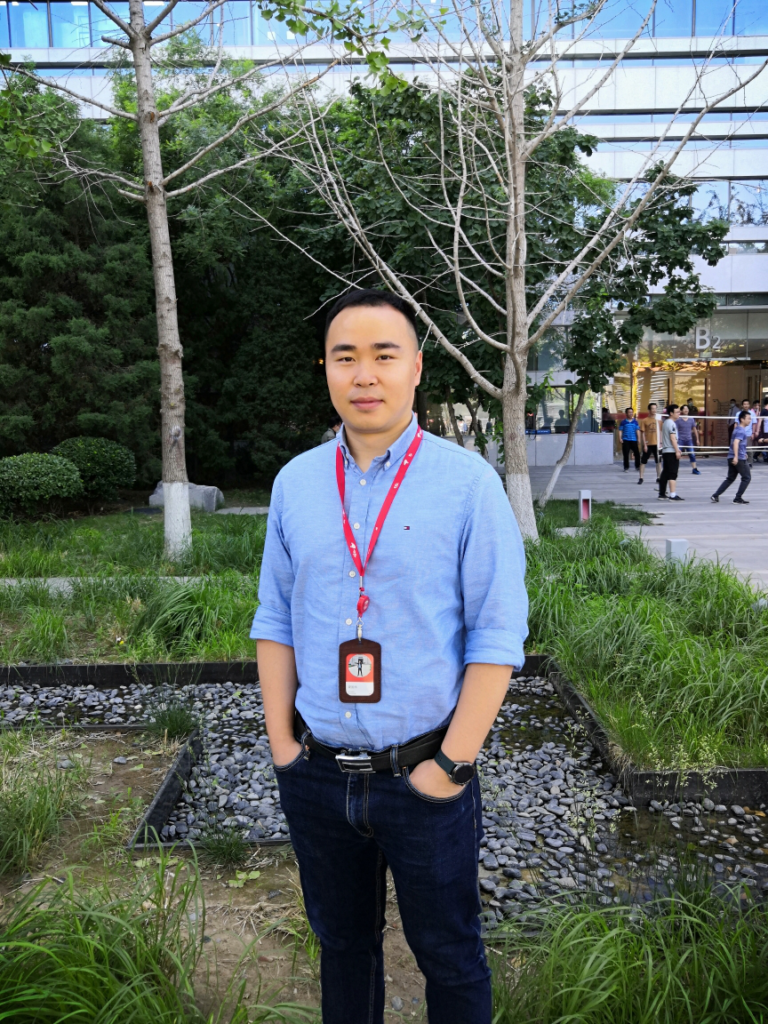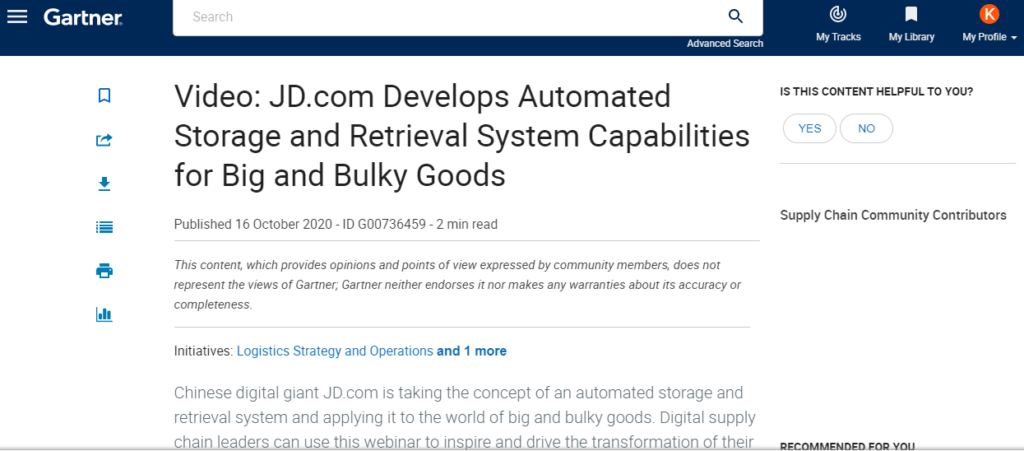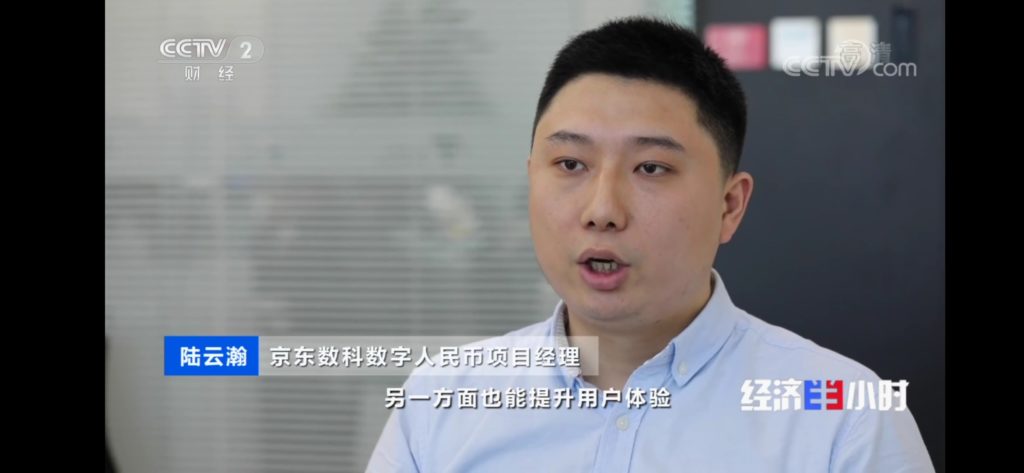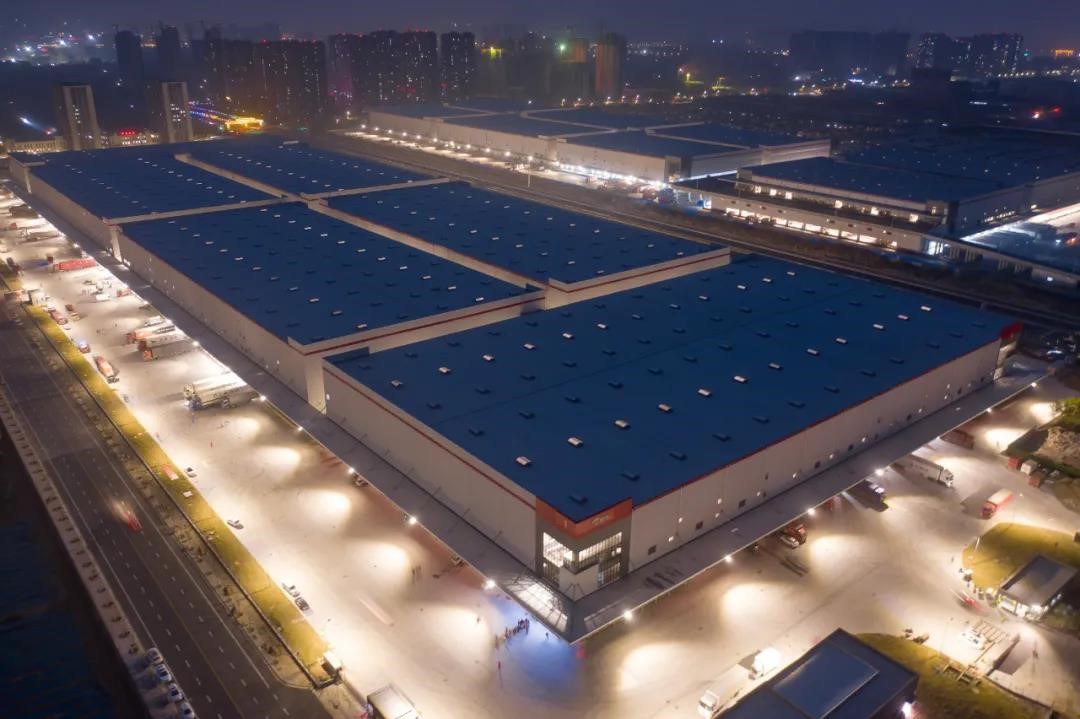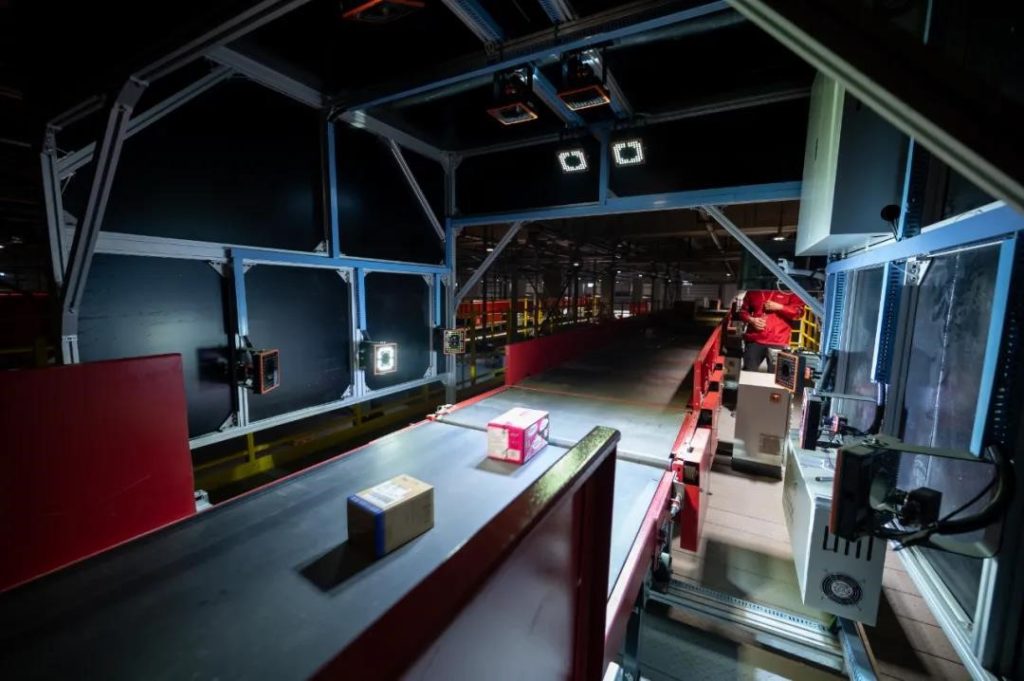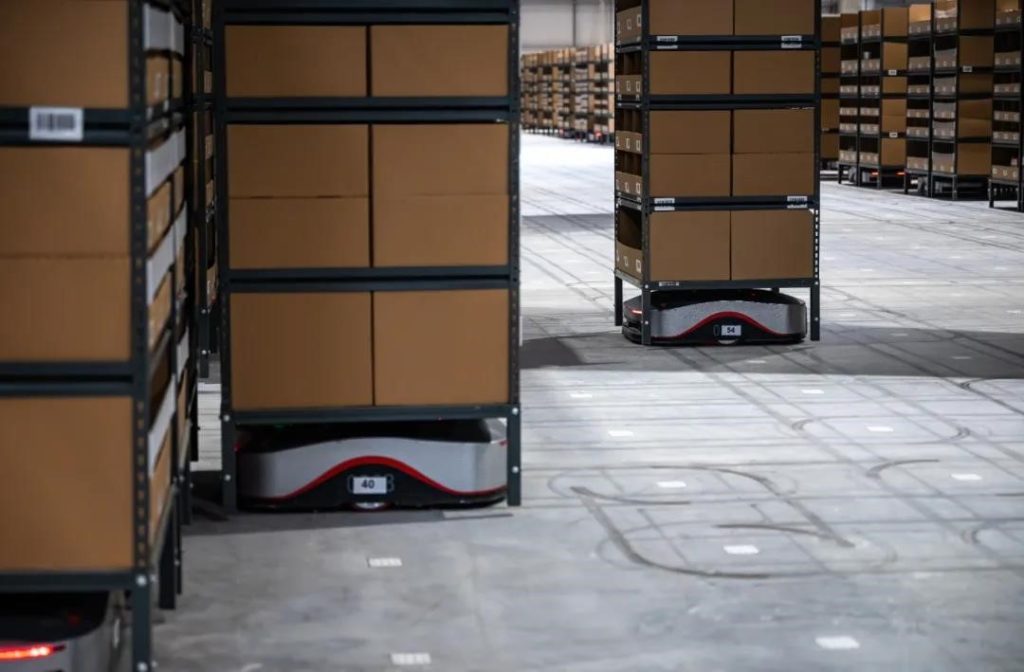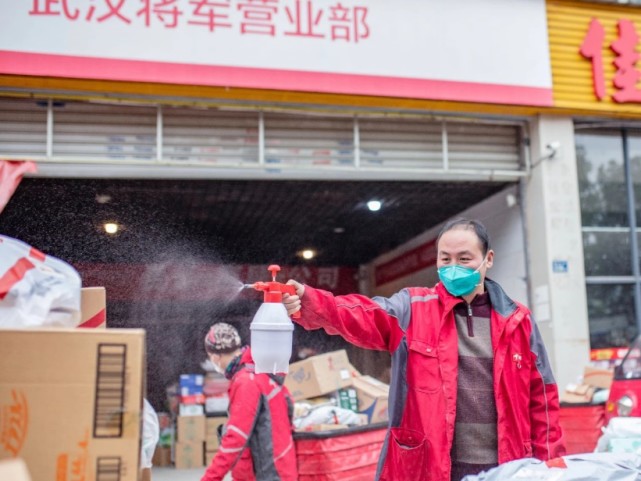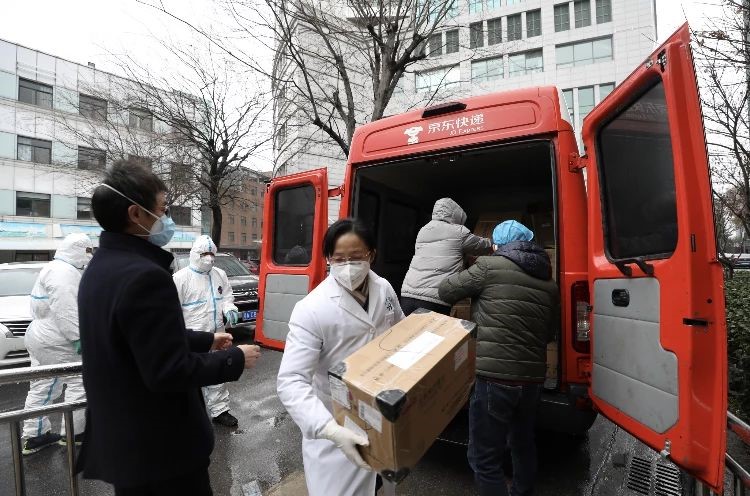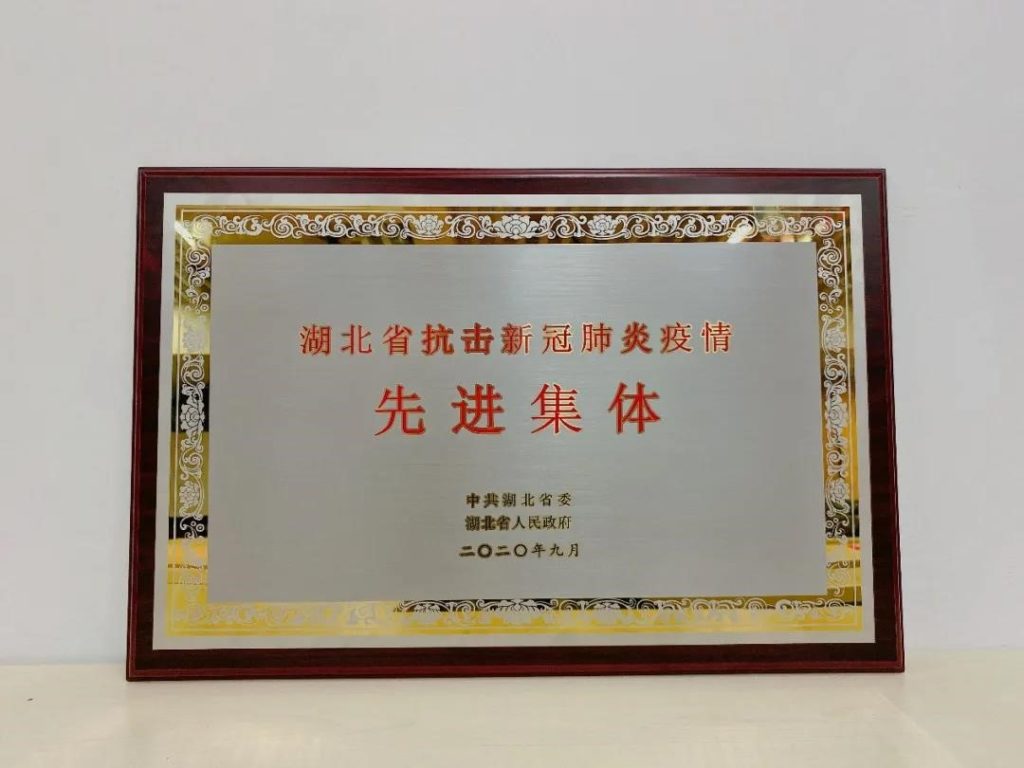by Vivian Yang
JD Health hosted its second Partners Conference in Chengdu, Sichuan province on October 29th. The event convened over 1,000 industry partners, policymakers, medical experts and media representatives to discuss new opportunities and challenges in China’s healthcare industry, and enhance understanding of JD Health’s business models and future plans.
During the conference, JD Health’s management team provided an update on the company’s progress from 2019 to 2020.
According to a report by Frost&Sullivan, a Silicon Valley-based research and consulting firm, JD Health became the largest online healthcare platform in China by 2019.As of September 30, 2020, the platform had more than 65,000 doctors, including full-time doctors, who provided an average of over 90,000 medical consultations online on daily basis. In the first half of 2020, the number of daily medical consultations on the platform was five times that of the same period in 2019.

JD Health’s new logo released on 2020 Partners Conference in Chengdu
JD Health’s rapid development in the past 12 months has relied on following five pillars.
Policy support
Internet-based healthcare has undergone ups and downs in its over 20 years’ development in China. In recent years, the industry has maintained a complex compound growth rate of over 30%. The sign of upturn came in 2018 and is marked by China’s State Council guidance on the promotion of the “internet + healthcare” model.
In July 2020, China’s 13 ministries and commissions jointly issued a document requesting to improve telemedicine services and relax limitations on their inclusion in a national medical insurance scheme.
In September, the State Council issued another guidance to encourage the development of new business models in China in which it stressed the importance of promoting internet-based healthcare services, especially in the areas of orderly scheduling of online doctor’s appointments, telemedicine services, digital prescription circulation, medicine sales network and more.
COVID-19
The outbreak of COVID-19 gave a strong boost to the telemedicine industry in China. Data from China’s National Health Commission showed that the number of medical consultations from internet hospitals under its supervision increased 17 times in March compared with the same period in 2019, helping reduce some of the burden faced by brick-and-mortar hospitals.
JD Health also experienced explosive growth during this period of time. The platform reacted swiftly to the pandemic situation through sourcing and delivery of medical supplies to the most needed areas, providing 24/7 online medical consultation, offering a medicine information sharing platform and psychological support hotlines, conducting livestream sessions for medical knowledge education and more. The platform offered more than 10 million medical consultations from January to April 2020.
People’s Rising Awareness of Health Management
Chinese people’s health awareness has greatly increased in recent years. As people have become more mindful about health management, they are increasingly willing to spend more money on disease prevention. Telemedicine offers a good option to gain easy access to health knowledge and consult on minor ailments and common diseases online
In spite of this, for various reasons, health problems keep rising in China’s fast-paced society. According to China’s Blue Book of Health Management released in 2018, about 300 million Chinese people suffer from chronic diseases, with high blood pressure, fatty liver, dyslipidemia, and diabetes being the most common diseases among the population.
China’s growing aging population only makes the number more astonishing. Research by the Chinese Center for Disease Control in 2019 found that two-thirds of Chinese people over 60 years old are suffering from at least one chronic disease.
Under such circumstances, JD Health introduced the “Family Doctor” program that aims to provide customized telehealth services and long term health management support for Chinese families. In parallel, the company stepped up its efforts in opening internet hospitals for specialized chronic diseases, including the centers for diabetes, liver, cardiology and more.
Technology
Technology is the game changer for the internet-based healthcare industry. Thanks to the fast development of big data, AI, robots and more, JD Health is offering “smarter” healthcare services ranging from intelligent robot systems to enhance patient consultation interaction experience and triage efficiency and accuracy, to producing knowledge graph-based solutions such as the “PharmCoo” to supervise drug prescription and dosage.
JD Health has also partnered with research institutions, universities and city-level governments to leverage technologies to develop integrated medical service platforms online and offline to improve China’s medical resource allocation and healthcare service experience, especially enabling greater access of special medicines and doctor services to people in lower-tier cities and rural areas.
Strength in Supply Chain
Leveraging JD.com’s core strength of supply chain, JD Health has become the largest online pharmaceutical retailer in China, accounting for more than 15% of the market with an extensive presence in B2C , B2B and O2O services.
By June 30th 2020, JD Health operated 11 medicine-dedicated warehouses and over 230 healthcare-related products warehouses across China. There are more than 9,000 third-party merchants doing business on JD Health’s platform now, and its medicine wholesale trading platform JD Medicine Procurement provides services to over 170,000 downstream suppliers.
Economies of scale bring strong purchasing and negotiating power for JD Health to offer a rich variety of healthcare-related products at competitive prices. At the same time, suppliers can benefit from the traffic and distribution advantages on JD Health’s platform which helps to bring down marketing expenses. Additionally, JD Health’s ominchannel network has covered over 200 cities in China, ensuring same or next-day medicine delivery, delivery within 30 minutes, and 24/7 delivery services.
(vivian.yang@jd.ocm)

